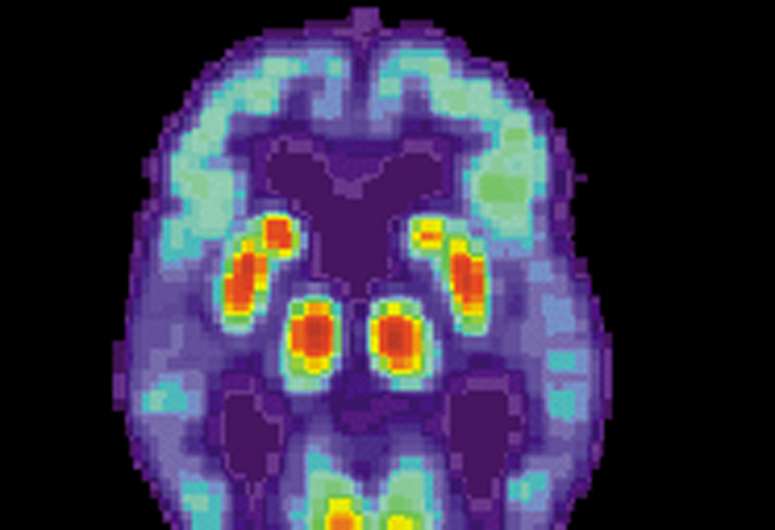
Typically characterized as poisonous, corrosive and smelling of rotten eggs, hydrogen sulfide’s reputation may soon get a facelift. In experiments in mice, researchers have shown the foul-smelling gas may help protect aging brain cells against Alzheimer’s disease. The discovery of the biochemical reactions that make this possible opens doors to the development of new drugs to combat neurodegenerative disease.
The study was led by John Hopkins Medicine, working with the University of Exeter. The findings are reported in The Proceedings of the National Academies of Science.
“Our new data…


























